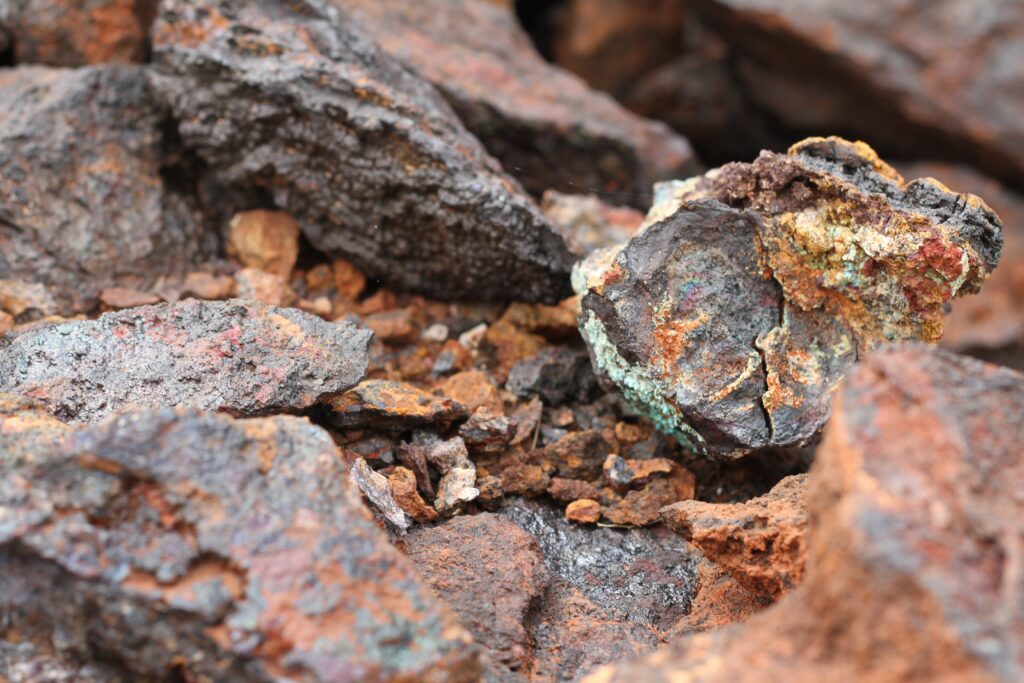The U.S. is signing deals with partner nations to diversify supply chains away from China, and to ensure access to the materials necessary to decarbonize its economy. Critical minerals, including lithium, nickel, and cobalt, are vital components in electric vehicle (EV) batteries, solar panels, and wind turbines. This year, the Biden Administration has signed three separate deals with partner nations on climate cooperation and supply chains.
In March, the administration signed the Agreement Between the Government of Japan and the Government of the United States of America on Strengthening Critical Minerals Supply Chains, which builds on the two nations’ 2019 trade deal. The critical minerals deal prohibits levying export duties on critical minerals traded between the U.S. and Japan.
In May, President Biden traveled to Australia and signed the Climate, Critical Minerals and Clean Energy Transformation Compact to coordinate policies and incentivize investment into critical minerals. Australia is one of the world’s largest suppliers of lithium, with domestic reserves of 5.7 metric tons.
Significantly, the Biden Administration is keen to allow for the partner nations to be considered domestic suppliers under the Defense Production Act, which, according to FEMA is “the primary source of presidential authorities to expedite and expand the supply of materials and services from the U.S. industrial base needed to promote the national defense.” The Defense Production Act was invoked in 2022 to increase the production of large-capacity batteries, which require critical minerals.
In June, President Biden signed the Atlantic Declaration with Rishi Sunak. It aims to allow UK car manufacturers to receive tax credits from the Inflation Reduction Act, which was signed in part to incentivize green energy investments within the United States. While the deal has yet to be finalized, it is part of the UK’s post-Brexit economic coordination with partner nations on an individual basis rather than through EU frameworks.
Japan, Australia, the UK, and the U.S., along with other European and Asian nations are part of the Minerals Security Partnership, which was established in 2022 to strengthen critical mineral supply chains and to establish robust ESG (environmental, social, governance) standards for critical mineral procurement. The partnership conspicuously excludes China, which has a strategic edge over critical mineral procurement and processing and has used its leverage in the space to economically coerce other nations.
By creating specific frameworks for critical minerals amid greater economic cooperation, the Biden Administration is keeping the battery and renewable energy issue at the forefront of its agenda. Without critical minerals, many of the climate goals nations and private companies have pledged cannot be reached.
The U.S. Congress must approve details of the schemes, but accessing the raw material inputs for emerging technologies to keep a competitive edge over China has bipartisan support. The deals the U.S. has reached with Japan, Australia, and the UK aim to achieve greater economic integration through tax incentives and the establishment of business partnerships.














